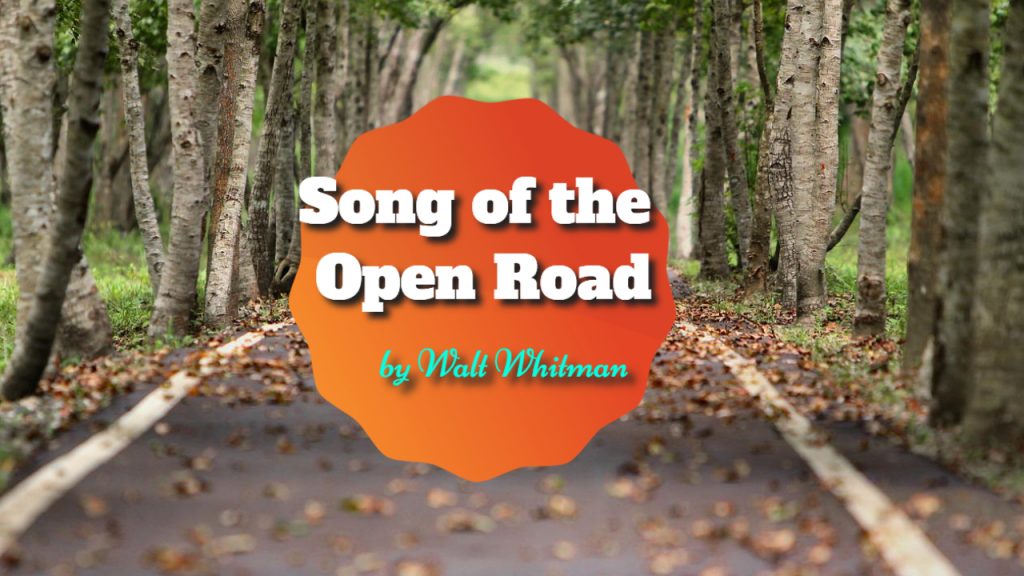Song of the Open Road
by Walt Whitman
Walt Whitman’s poetry collection Leaves of Grass, which came out in 1856, was the first book to include his poem called “Song of the Open Road.” It is a poem that tells a story about observations, happiness and life lessons. The speaker plays the part of a wanderer. He decides to hit the open road and see the world. He follows the road wherever it goes. The road stands for many things, like freedom, diversity, and ideals. He talks about how free he felt during his journey. The trip brings him a lot of happiness. Even now, people think the poem is very important. It encourages and motivates people to spend time in nature and get to know it better. It talks about all parts of life and gives answers to many different problems.
In the poem “Song of the Open Road,” the speaker starts his journey on a happy note. He starts a trip that will take him to The Open Road. When you read that your trip is going to the open road, you might be surprised. But it is a very important sign. The open road leads the speaker to many other people in the country, both known and unknown, white and black, men and women. The speaker says that he is happy because he has everything he needs and wants. He doesn’t want stars or the perfect thing:
‘The earth, that is sufficient,
I do not want the constellations any nearer,’
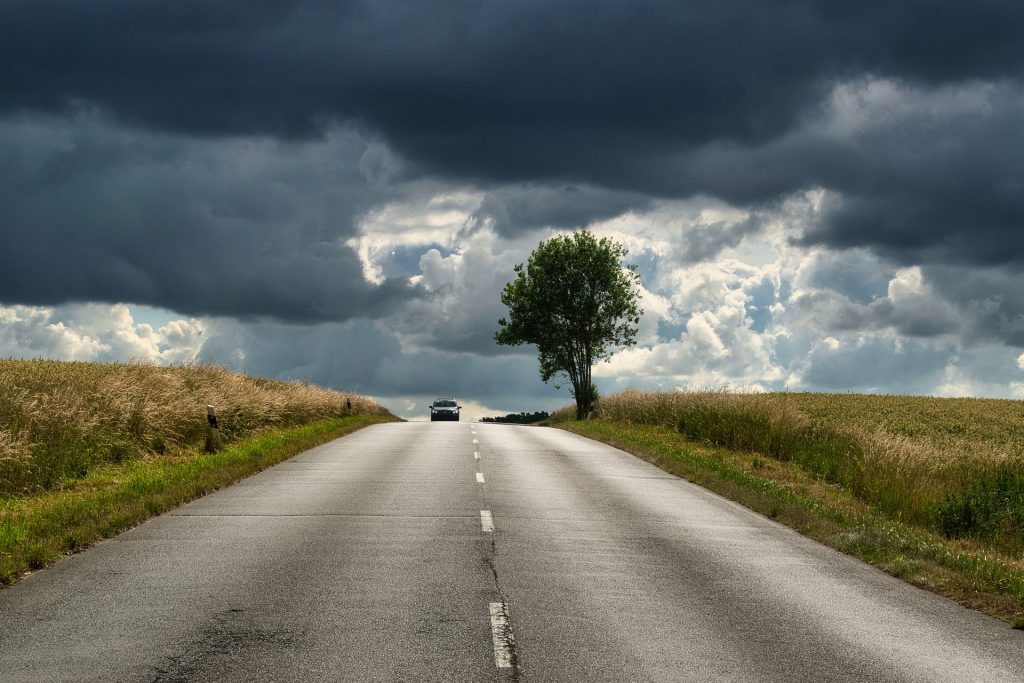
He doesn’t want to deal with day-to-day needs and things that most people find interesting. He makes it clear that he wants to carry his old delicious burdens. Men and women fill him up, so he wants to carry them. He can’t throw them away. It shows how much he cares about people and how much he loves nature.
In the next part, the speaker keeps the same attitude and tone. He loves things you can’t see. The road is not only what it seems to be, but it also hints at something. The open road is suggestive because it is a path that many people take to get where they want to go. It also stands for the speaker’s never-ending search, as he writes:
‘Here the profound lesson of reception…’
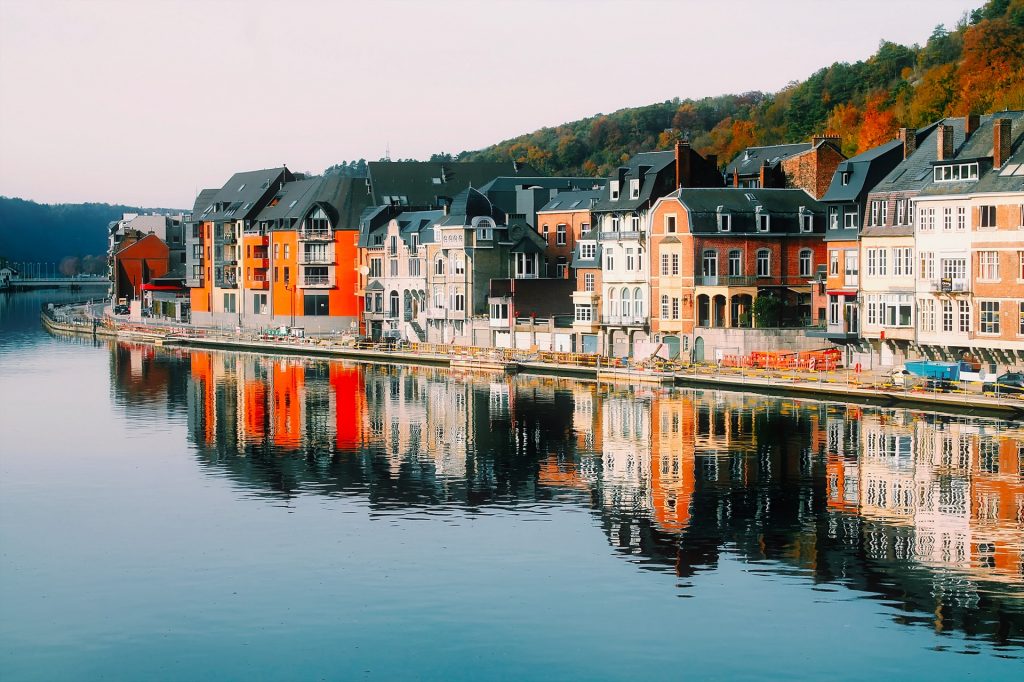
His love for his country and the people who live there is deep, pure, and real. Even cities, curb stones, porches, and other things are loved the same way by God. They stand for the human torch and life. The person talking is not afraid to go off the path. He will leave if he has to, but he wants to stay on it forever.
The speaker is very thankful for the air because it helps him speak. The things he sees by the roadside give him ideas and help him shape them. The speaker is very interested in these things that are latent with unseen existences. Also, he counts everything he sees, like far-off ships, rows of houses, pierced facades, roofs, porches, entrances, copings, ascending steps, and so on.
The speaker thinks that not only he but also the road is eager to keep going on the trip. The road is more important to him than the poem –
‘you shall be more to than my poem.
It’s interesting how the poet turns the road into a living thing. Then the speaker acts as if he has no limits or lines in his mind. He is the kind of person who doesn’t care about borders or limits. He doesn’t care about anything. All men and women rejoice him. If they turn him down, he doesn’t try again. All who bless him are blessed:
‘Whoever accepts me he or she shall be blessed and shall
bless me.’
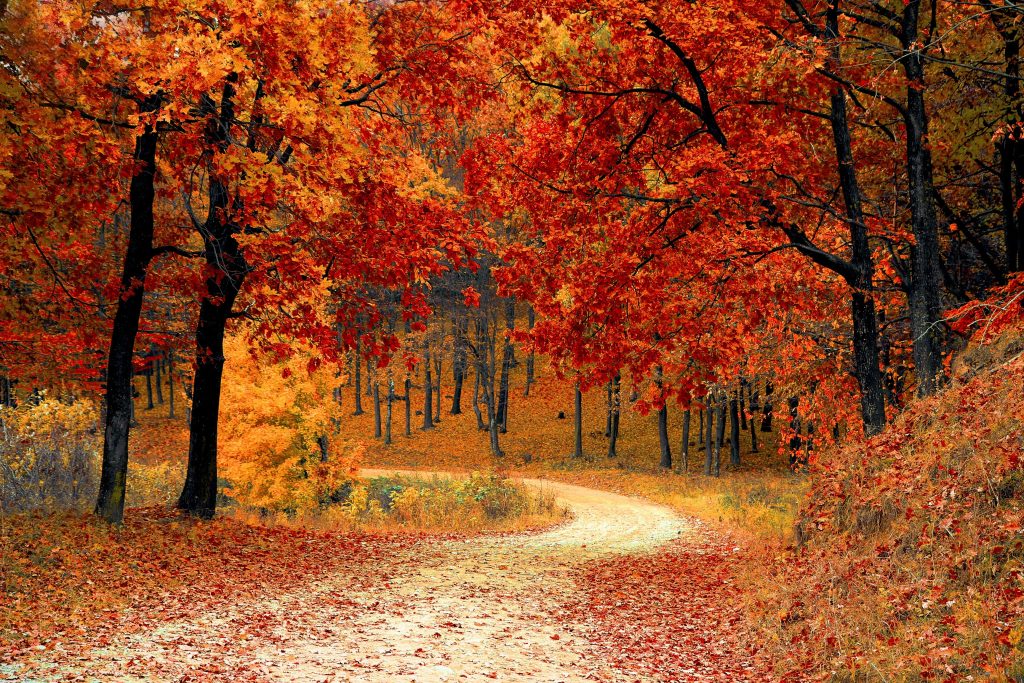
The speaker then thinks about the best man. The earth, the open air, and nature make a man a perfect person. When people are on the open road, they have room to think of and do great things. Here, they find out what they really know. With true wisdom, they figure out what their lives are for. The real path to wisdom is to look at philosophies and religions again.
After redefining the inner core, the speaker has a lot of questions that make him or her feel confused. Because he was so stressed out, he asked these questions. The questions are about what he wants, what he thinks, his relationships with men and women, plants and animals, and people he doesn’t know.
When the speaker gets back to the open road. He seems very happy, even though he wants to talk to people. He meets new people and wants everyone to join him. He wants to have a good time. He invites everyone to join him and be free from the worries and routines of everyday life. He keeps looking for things that are more beautiful than the things of this world.
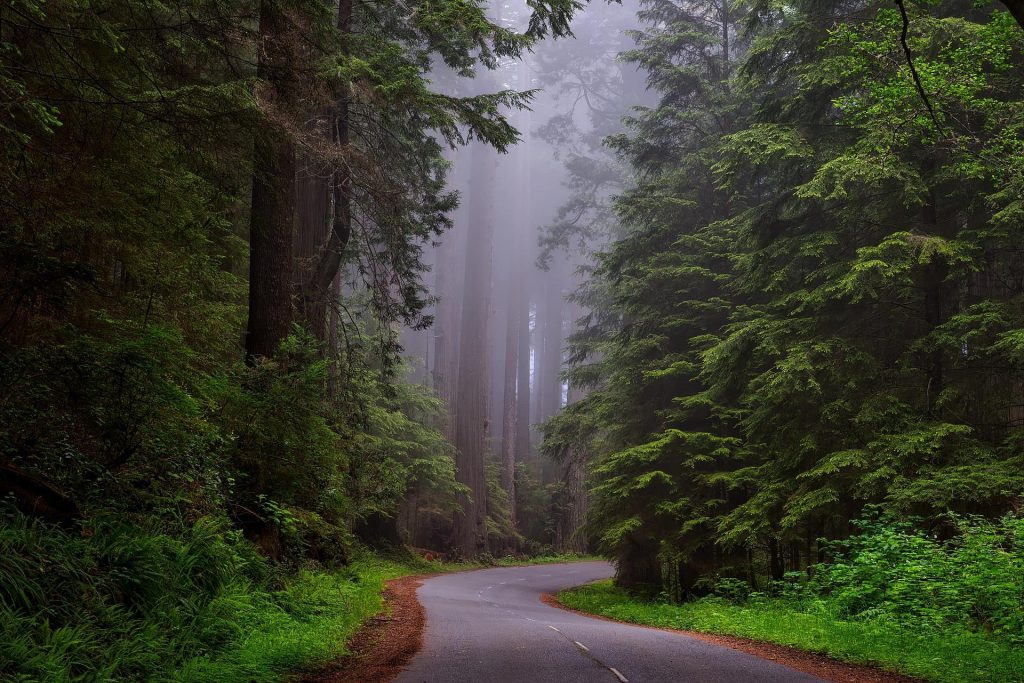
The open road is not a sign of wealth or laziness. It means that life is moving, growing, and getting better. The speaker stands with his or her friends for a while, then says goodbye to them to go meet new friends. People arrive and leave. They each have their own reasons for travelling. In this passage, the speaker tells the reader that any traveller can meet anyone he wants. One can have it without working or paying for it. One can have fun with the best people and places. The universe is itself the road.
The same point is made again by the speaker. But here, he goes beyond the physical and into the spiritual. He says that the soul is a traveller in and of itself. It goes more places than the body. It moves through the universe, but it doesn’t know where it will end up. The speaker talks directly to the others. He tells them that they shouldn’t hide in the dark. Everyone has something hidden about them. All of them are sneaking around and putting up fake pictures that they can’t even believe. The person talking wants us to know that when you succeed, you move on to a new challenge. Those who go with him should be ready for this challenge. He also tells them not to worry about the road. Since he’s been on the road, he knows what to do.
Lastly, the speaker tells everyone that everything should work out the way they want it to. He wants to be with everyone. He says his love is worth more than money. He wants everyone to love and care about him. He wants to walk the road with everyone and make the trip meaningful, joyful, and productive.

